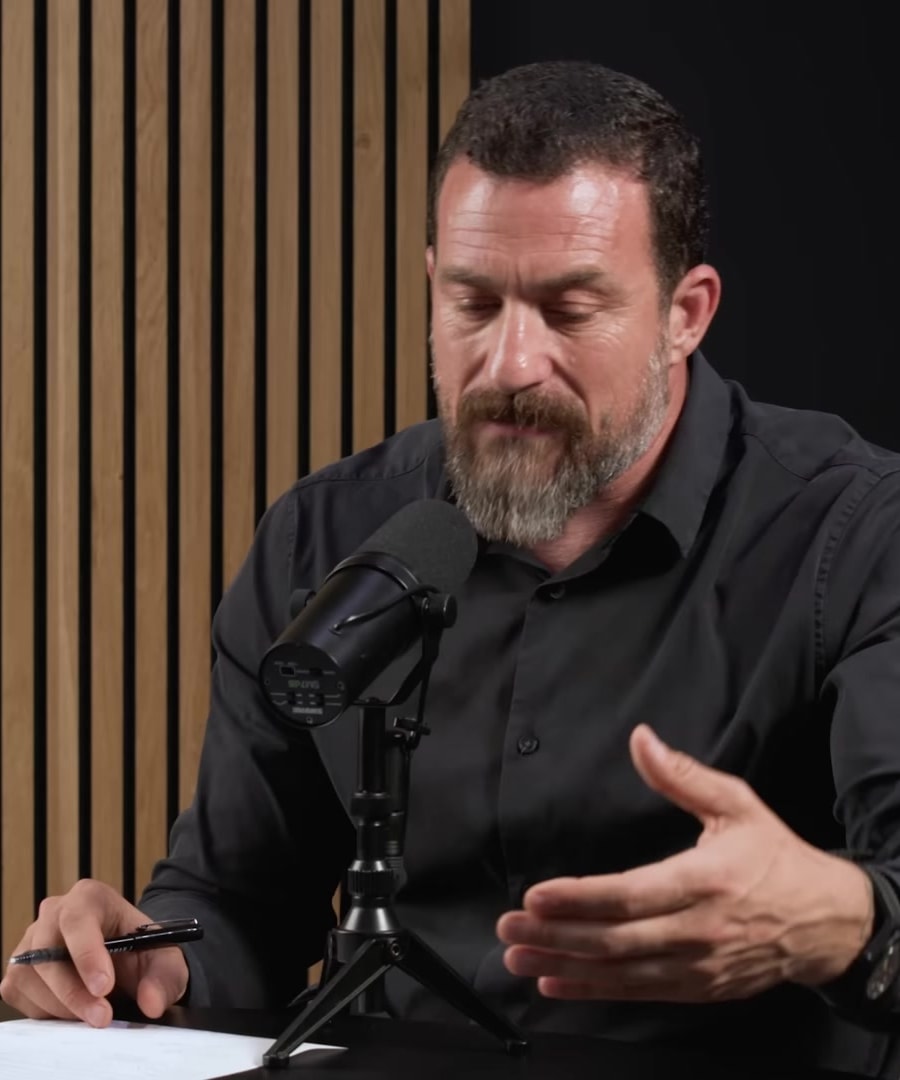Intuitive Eating: Huberman
Sources:
Andrew Huberman discusses intuitive eating primarily in the context of the relationship between food, cravings, and satiety. Here are some key insights he shares:
-
Eating Whole Foods: Huberman emphasizes the benefits of consuming foods in their original forms, as this helps the brain associate tastes with their macronutrient and micronutrient content. This connection can foster a better intuition about what the body actually needs, such as certain fats or proteins 1.
-
Neural Signaling: He explains that the gut plays a significant role in sensing nutrients and sends signals to the brain. When foods are minimally processed, the body can better recognize and respond to their nutrient content, enhancing intuitive eating. This results in improved understanding of one's hunger and satiety signals 1.
-
Impact of Processed Foods: Huberman points out that highly processed foods disrupt this intuitive eating process, making it harder for individuals to calibrate their appetites properly. These foods often lead to overeating as they bypass the body's natural signaling mechanisms 1.
-
Intermittent Fasting and Meal Timing: He practices a form of intermittent fasting, typically eating between 11 a.m. and 8 p.m. This structure aids in maintaining a connection between hunger cues and food intake patterns, which supports intuitive eating 1.
-
Adaptation Over Time: By initially focusing on whole foods, individuals often develop a greater awareness of their nutrient needs. As a result, they start to prefer healthier foods, which can foster a natural reduction in cravings for unhealthy processed foods 2.
These insights reflect a broader understanding of how food choices impact not just physical health but also our psychological and emotional states. Huberman's approach encourages individuals to cultivate a more mindful relationship with food based on its nutritional content and their own bodily signals.
RELATED QUESTIONS-
Intuitive Eating: Huberman
- RELATED QUESTIONS

